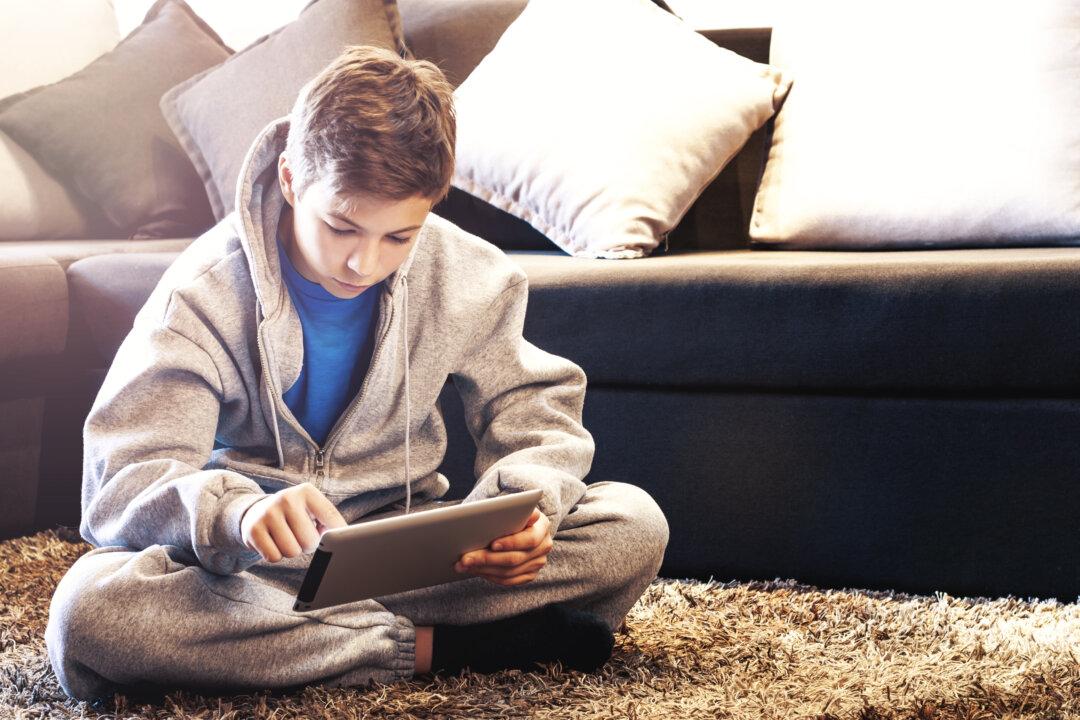As 2016 rounds the corner to the finish line, few of us can say we haven’t spent a significant portion of this year gazing at screens. That’s especially so for teenagers.
In fact, according to the nonprofit Common Sense Media, in 2015 teens spent about one-third of each day (almost nine hours) consuming media, and children aged 8 to 12 spent nearly six hours per day, on average.
Compared to previous generations, this is a vastly different way to experience childhood.






